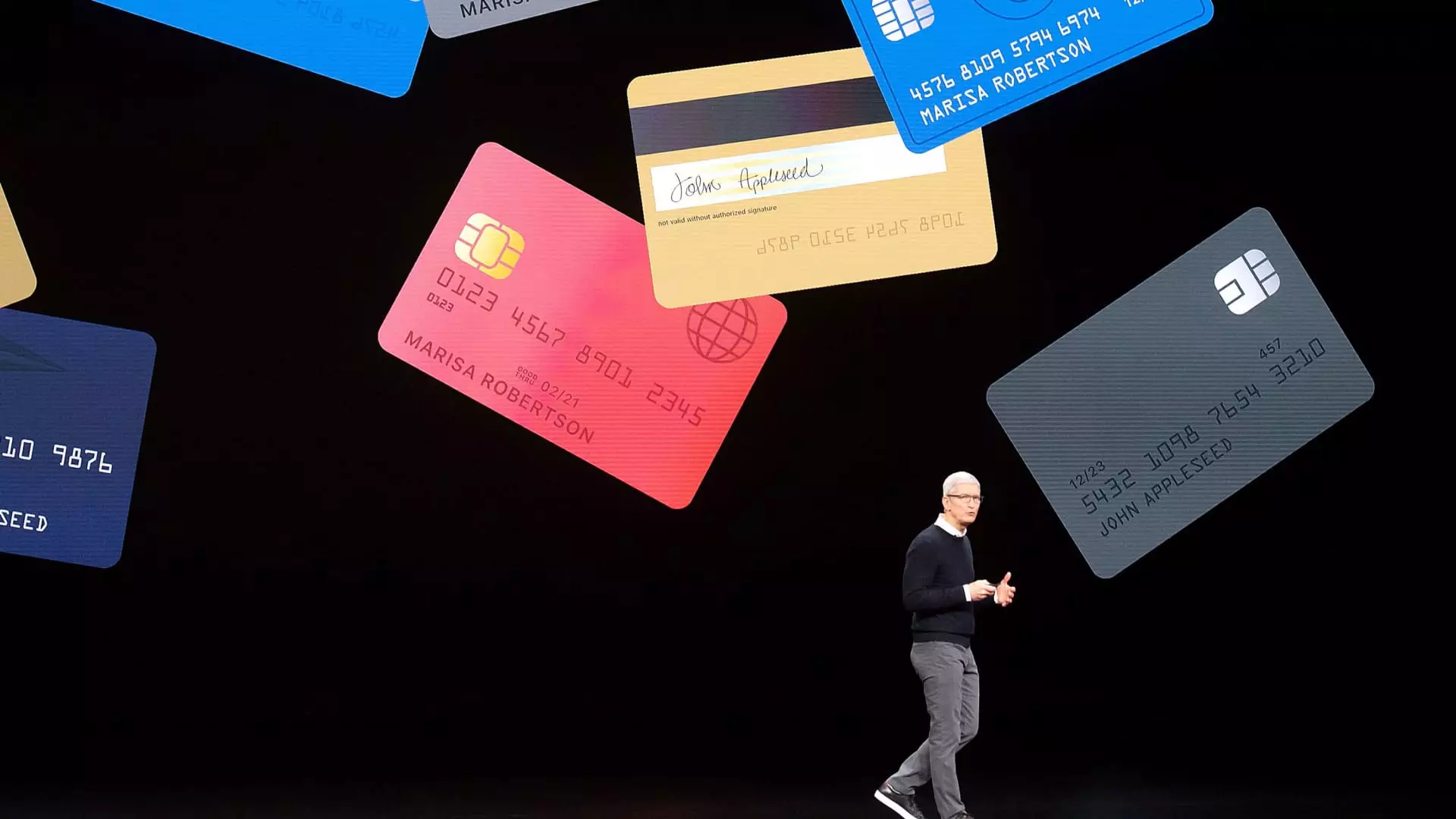In a striking move that sends ripples of concern through both the technology and finance sectors, the Consumer Financial Protection Bureau (CFPB) has mandated Apple and Goldman Sachs to pay over $89 million in penalties and redress for mishandling disputes related to Apple Card transactions. This unprecedented order challenges the perception that high-tech companies can operate beyond the bounds of federal regulations, highlighting the pressing need for accountability among financial service providers, regardless of their industry pedigree.
The CFPB’s investigation revealed significant lapses in the ways Apple and Goldman Sachs managed consumer disputes. A staggering number of customer complaints were not transmitted to Goldman Sachs by Apple, raising concerns about transparency and due process for consumers. Moreover, when Goldman Sachs did engage with these disputes, the investigation process was found to be lacking in rigor, deviating from established federal standards. This negligence has led to actionable repercussions, with Goldman Sachs facing a $45 million civil penalty alongside $19.8 million in redress payments, while Apple was held accountable with a $25 million fine.
The CFPB further uncovered that both companies had misled consumers regarding interest-free financing options for Apple devices purchased with the Apple Card. Although the card was marketed as an effortless and transparent means of making purchases, the reality was starkly different. Many customers assumed that choosing interest-free monthly payments was automatic; however, they wound up incurring interest charges. This miscommunication not only resulted in financial detriment for consumers but also impacted their credit reports adversely, undermining their financial wellbeing.
Consumers’ trust is paramount for the long-term sustainability of any financial product, and by failing to provide accurate information, Apple and Goldman Sachs jeopardized that trust. The message from CFPB Director Rohit Chopra was clear: such systemic failures will not be tolerated. He emphasized that, “Big Tech companies and big Wall Street firms should not behave as if they are exempt from federal law.”
As part of the consequences of this ruling, Goldman Sachs has been barred from issuing new credit cards until it can produce a satisfactory compliance plan. This regulatory action raises important questions about the future of the Apple Card itself. Launched in 2019 amidst enthusiasm for its innovative integration with Apple Pay, the card’s perceived consumer-friendly nature is now under scrutiny.
While Goldman Sachs has publicly committed to rectify operational challenges, skepticism may linger among consumers and regulators alike. The interplay between technology and finance is becoming increasingly intricate, and regulatory bodies like the CFPB are watching closely to ensure that consumer protections remain paramount.
The CFPB’s actions serve as a critical reminder of the responsibilities that accompany innovation. For modern financial products to thrive, transparency, accountability, and compliance with legal requirements are essential. The outcomes of this unprecedented regulatory involvement will likely shape the landscape of financial services, compelling both technology firms and banks to prioritize consumer rights.


Leave a Reply